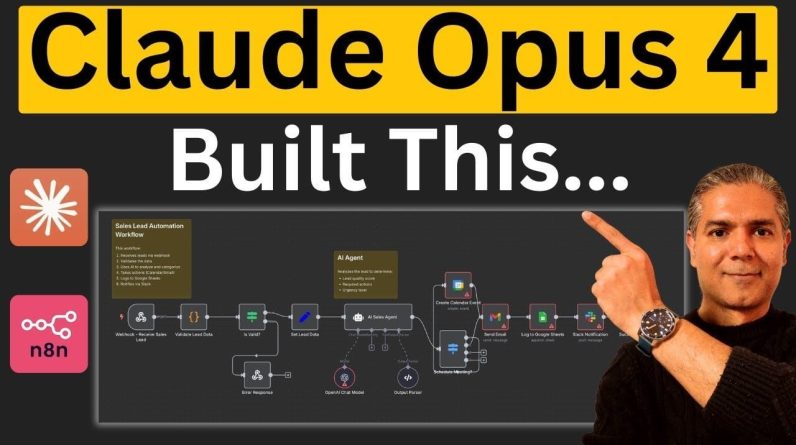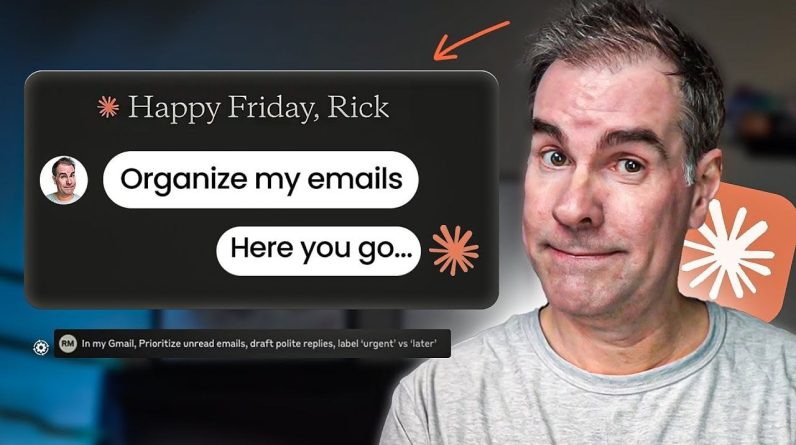Social media platforms have gutted their content moderation staff, and are not prepared for the impact of misinformation on the election. In addition, the emergence of AI has made it easier to produce convincing misinformation, and in future, Ai could be used to convince individual voters. We have entered into an era where we may no longer be able to trust what’s online.
Zero Marginal Costs and the Internet Revolution
One of the greatest results of the Internet Revolution has been to reduce the cost of distributing content to zero. With a zero cost of distribution, anyone can post content. Newspapers and TV stations are no longer the center of information gravity; now, anyone can go toe to toe with a giant newspaper or TV station. Consider that Fox News, the largest cable news subscription network in America, has 72 million subscribers, and MrBeast, the YouTuber, has 253 million subscribers.
As social networking has grown from text-based bulletin boards and USENET groups to email, chatrooms and forums, and now, to Facebook, the image-first social network, Instagram, and then the video-focused platform, TikTok, the bulk of the content on the internet has come to be produced on social media platforms. The reason is obvious: people love to communicate, and in a planet of 8.1 billion people, that results in more content than any company can produce. Such is the effect of user-generated content that, a year after Donald Trump’s 2016 election, an analysis by the New York Times showed that Cambridge Analytica’s impact on that election had been overrated:
Cambridge Analytica’s rise has rattled some of President Trump’s critics and privacy advocates, who warn of a blizzard of high-tech, Facebook-optimized propaganda aimed at the American public, controlled by the people behind the alt-right hub Breitbart News. Cambridge is principally owned by the billionaire Robert Mercer, a Trump backer and investor in Breitbart. Stephen K. Bannon, the former Breitbart chairman who is Mr. Trump’s senior White House counselor, served until last summer as vice president of Cambridge’s board.
But a dozen Republican consultants and former Trump campaign aides, along with current and former Cambridge employees, say the company’s ability to exploit personality profiles — “our secret sauce,” Mr. Nix once called it — is exaggerated. Cambridge executives now concede that the company never used psychographics in the Trump campaign. The technology — prominently featured in the firm’s sales materials and in media reports that cast Cambridge as a master of the dark campaign arts — remains unproved, according to former employees and Republicans familiar with the firm’s work.
Artificial Intelligence and Social Media
Artificial intelligence (AI) promises to change the economics of content production and do what was once merely fiction. Where the internet has made it possible for anyone to produce content, making it impossible for any company to compete with that volume of content, AI could make it possible for companies to target specific individuals to win them over to a campaign. In an interview with Ezra Klein, Dario Amodei, the CEO and co-founder of AI startup, Anthropic, warned that it could be possible for an AI to determine the best arguments to make to convince someone of a position. Right now, no political campaign has the resources to convince individual voters, but with AI, campaigns could be targeted to each and every single voter, because the cost of persuasion will have fallen to zero. While this dystopian vision is yet to come, researchers believe that AI is already having an impact on elections.
Misinformation about the 2020 election is rife in the United States. Two-thirds of Republican voters (a third of Americans) believe that Trump was robbed of the 2020 election. Meta and YouTube haven’t helped, with both companies making it easier to spread election denialism. TikTok, which is facing an effective ban in the United States, has focused on entertainment over politics. Meta has also stopped promoting news content on its platforms, and in Canada, it has completely removed news content. Social media platforms just don’t want to deal with news content. With massive layoffs in recent years, it’s very unlikely that any social media platform has enough content moderators to ward off misinformation.
All this is happening when AI can now produce very convincing fakes. A robocall of President Joe Biden telling New Hampshirites to stay at home during their primary, was so convincing that the Federal Communications Commission banned the use of AI-generated robocalls. The AI-generated image of Biden wearing an army uniform shows how convincing this stuff can be:
Source: New York Post
The speed of innovation has outsripped our ability to manage it. With social media platforms looking away, there is ample space for Americans, even the best educated, to consume AI-generated content that has been designed to spread misinformation. We are not ready.







